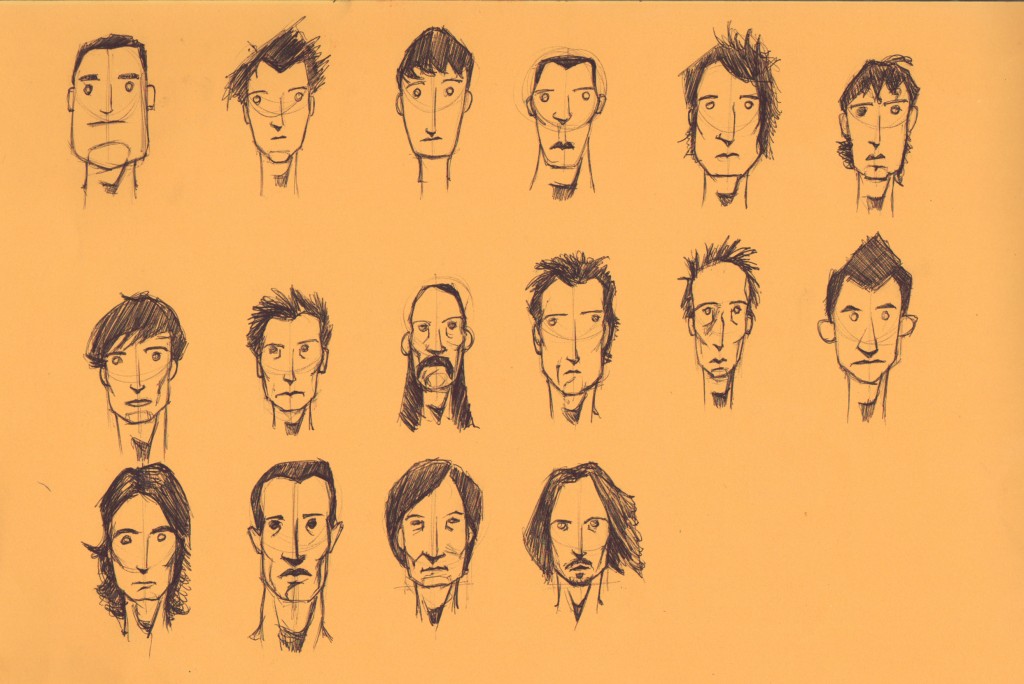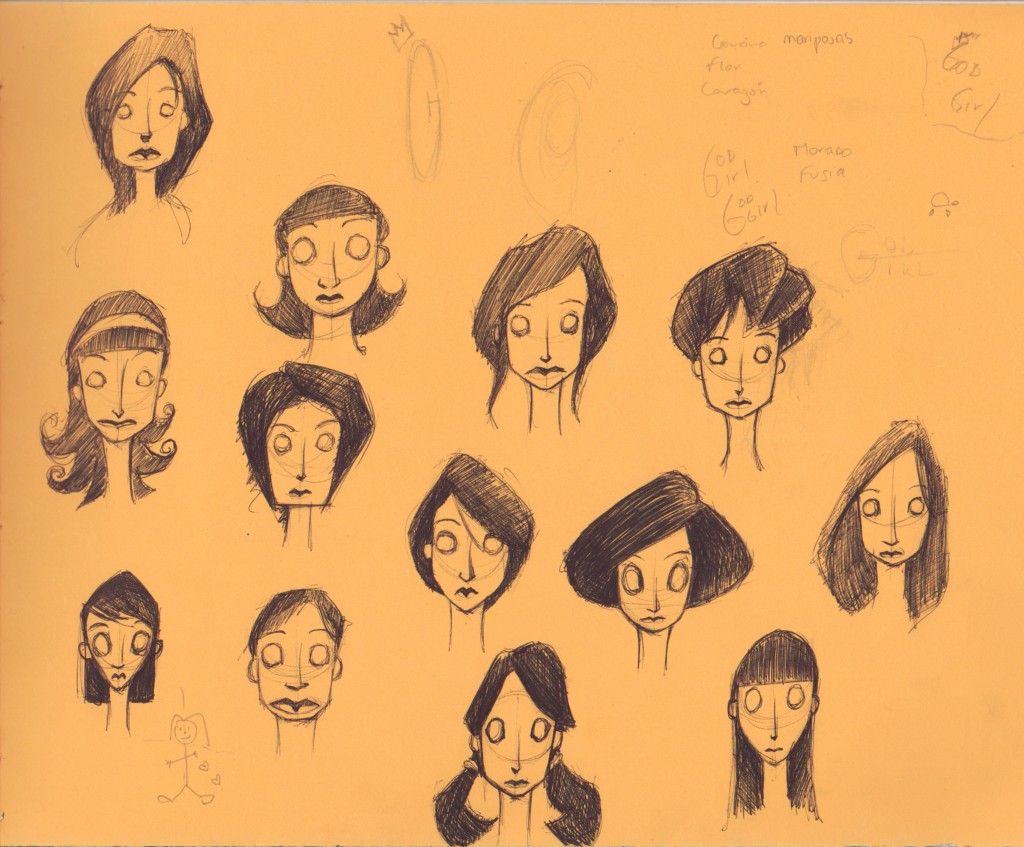
 The Paris Review’s (stunning) most recent issue features interviews with quite the coupling: Mad Men creator Matthew Weiner and our favorite psychoanalyst, Adam Phillips. Both men talk about the art of writing, Phillips using a lot of the dialectic idioms you seem him using on paper all the time. Things like, “Symptoms are forms of self-knowledge.” Or, “Analysis should be the need not to know yourself.”
The Paris Review’s (stunning) most recent issue features interviews with quite the coupling: Mad Men creator Matthew Weiner and our favorite psychoanalyst, Adam Phillips. Both men talk about the art of writing, Phillips using a lot of the dialectic idioms you seem him using on paper all the time. Things like, “Symptoms are forms of self-knowledge.” Or, “Analysis should be the need not to know yourself.”
That being said, Phillips covers a lot of ground, including his own childhood, the books that formed him, the initial interests that brought him to the analysands’ chair. But mainly the conversation covers the breadth of his research and work, which is split between being a writer, and being a practicing analyst.
One of the things Phillips keeps coming back to, in this interview and his books, is the too-much-ness of human identity and desire. More often than not, we seek laws, and new laws to renew the old ones, to help keep ourselves contained—from ourselves! We seek limits and obstructions that will keep us from seeing too much of our vulnerable contact with the world around us. Phillips says this begins very early—he talks about his work as a child psychoanalyst and the sensory cures even small children have against the world impacting them, like needing the same sippy cup, the same blanket each night, to fend off the fearful realization of their deeper appetites.
In reading this, I was immediately reminded of Eve in Eden, and the tree of knowledge—promising control, promising righteous discernment—and the immediate consequences of the knowledge. The fearful reality of self-awareness:
One of the things it means is there’s something very frightening about one’s appetite. So that one is trying to contain a voraciousness in a very specific, limiting, narrowed way. It’s as though, were the child not to have the milk in that cup, it would be a catastrophe. And the child is right. It would be a catastrophe, because that specific way, that habit, contains what is felt to be a very fearful appetite. An appetite is fearful because it connects you with the world in very unpredictable ways. Winnicott says somewhere that health is much more difficult to deal with than disease. And he’s right, I think, in the sense that everybody is dealing with how much of their own aliveness they can bear and how much they need to anesthetize themselves.
We all have self-cures for strong feeling. Then the self-cure becomes a problem, in the obvious sense that the problem of the alcoholic is not alcohol, but sobriety. Drinking becomes a problem, but actually the problem is what’s being cured by the alcohol. By the time we’re adults, we’ve all become alcoholics. That’s to say, we’ve all evolved ways of deadening certain feelings and thoughts. One of the reasons we admire or like art, if we do, is that it reopens us in some sense—as Kafka wrote in a letter, art breaks the seas that’s frozen inside us. It reminds us of sensitivities that we might have lost at some cost. Freud gets at this in Beyond the Pleasure Principle. It’s as though one is struggling to be as inert as possible—and struggling against one’s inertia.
Here we enter the arena of abreaction, that our emotional states are the entry point to “finding” something suppressed and that, generally, it is not rational thought, but a tipsy viewing of The Holiday, that gets to what we’ve stowed away from ourselves. Phillips probably would not like the term “finding,” because it implies there is something to be got, but either way, these abreactive moments have the power to break the ice.
None of this is very communicable, though, because our longings and fears and frustrations are surfacing like those “groaning too deep for words.” Our need to define ourselves proves most difficult when sobbing or doubled over in laughter, but it also seems least important. It doesn’t change the fact, though, that we seek the control possibly gained by knowing who we are.
…As young children, we listen to adults talking before we understand what they’re saying. And that’s, after all, where we start—we start in a position of not getting it. It’s true of listening to music, too. The emotional impact of music is so incommensurate with what people can say about it, and that seems to very illustrative of something fundamental—that very powerful emotional effects often can’t be articulated. You know something’s happened to you but you don’t what it is. You’ll find yourself going back to certain poems again and again. After all, they are only words on a page, but you go back because something that really matters to you is evoked in you by the words. And if somebody said to you, Well, what is it? or What do your favorite poems mean?, you may well be able to answer it, if you’ve been educated in a certain way, but I think you’ll feel the gap between what you are able to say and why you go on reading.
In the same way, a psychoanalysis bent on understanding people is going to be very limited…It’s really showing you how much your wish to know yourself is a consequence of an anxiety state—and how it might be to live as yourself not knowing much about what’s going on.
…When people say “I’m the kind of person who,” my heart always sinks. These are formulas, we’ve all got about ten formulas about who we are, what we like, the kind of people we like, all that stuff. The disparity between these phrases and how one experiences oneself minute by minute is ludicrous. It’s like the caption under a painting. You think, Well, yeah, I can see it’s called that. But you need to look at the picture.

COMMENTS
One response to “A Cure for Our Self-Knowledge: Why We’ll Always Want Our Milk in the Same Sippy Cup”
Leave a Reply















Just read this ..for the 3rd or 4th time. Great stuff!